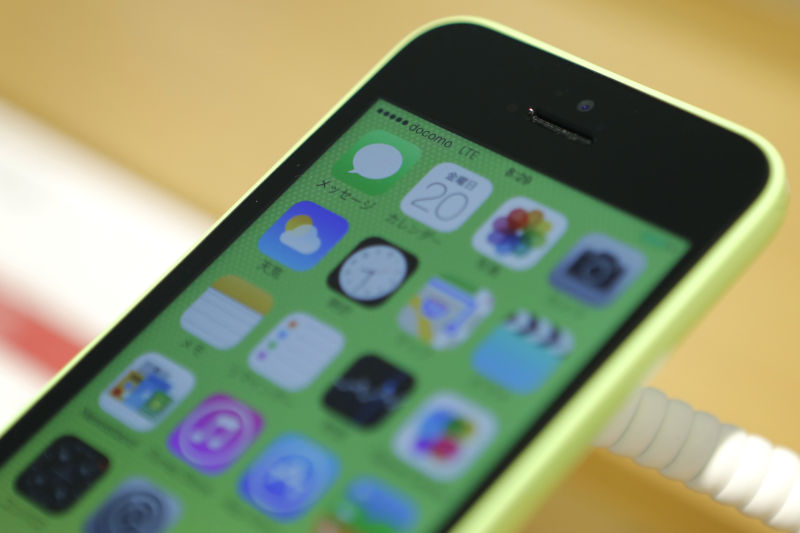
Acacia Research Corporation, the largest publicly traded patent-assertion entity, won a $22.1 million verdict against Apple last week.
A jury in the patent hotspot of East Texas found that Apple had infringed US Patent No. 8,055,820, owned by Acacia subsidiary Cellular Communications Equipment LLC. The patent describes a method of how cell phones can use "buffer status reporting" so that phone networks can optimize data usage. The patent originated at Nokia, which sold the patent to Acacia in 2013.
Acacia is in a controversial business that critics refer to as "patent trolling." The firm buys patents from others, uses those patents to bring litigation, and then splits the proceeds with the original patent owner. The business model has made the company incredibly litigious, as dozens of Acacia-owned LLC's have filed hundreds of lawsuits over the years.
The company used to advertise a 50/50 split with patent owners and inventors, but its specific arrangement with Nokia is unknown. The verdict (PDF), reached last week, is a validation of Acacia's increasing interest, announced a few years back, in buying portfolios of patents from large companies, rather than individual inventors.
In a time when high-stakes tech patent trials are less common, CCE v. Apple stands out. The $22.1 million was a running royalty through March 2016. The jury also found Apple's infringement was willful, which means that the judge may well increase the damage award and could theoretically triple it.
CCE initially sued Apple in 2014, asserting five patents against Apple as well as the four big mobile carriers, T-Mobile, Verizon, AT&T, and Sprint. The carriers were severed from the case just before trial, and, in an August order, the judge ruled that "CCE cannot receive a double recovery for the same sales." So CCE's win against Apple makes the case against the carriers irrelevant.Apple will likely appeal the result. However, the CCE v. Apple trial result shows that, even in an era when higher courts and Congress have taken actions that benefit patent defendants, a well-financed patent holder like Acacia can win big at a jury trial. That's not only good for Acacia's business, it may inspire smaller patent-holders to file similar cases.
The two biggest changes to the patent litigation in recent years have been the Supreme Court's Alice Corp v. CLS Bank decision and the new inter partes review, or IPR, proceedings created by Congress in 2012. In the CCE v. Apple case, four of the five patents were hampered by IPRs, but the patent office declined to institute an IPR on the '820 patent.
Cellular Communications owns a portfolio of more than 50 patents and has other litigation moving through the pipeline. Using the '820 patent in this case and many others, the company claims wide-ranging rights to LTE technology. A case involving different patents, filed against network operators such as AT&T, Verizon, and others, is set to go to trial in April. The Acacia subsidiary also has cases moving forward against HTC and ZTE.
"The jury found Apple's actions in this case constituted a willful misappropriation of CCE's intellectual property rights,” CCE's co-lead counsel Ed Nelson said in a statement.
Acacia and its lawyers didn't comment beyond that, other than a short statement from Acacia. Apple didn't respond to a request for comment about the verdict.
The CCE v. Apple case was originally overseen by then-judge Leonard Davis, who handled more than 1,700 patent cases before he moved back into private practice in 2015. The case was then handed off to Magistrate Judge K. Nicole Mitchell.
reader comments
51